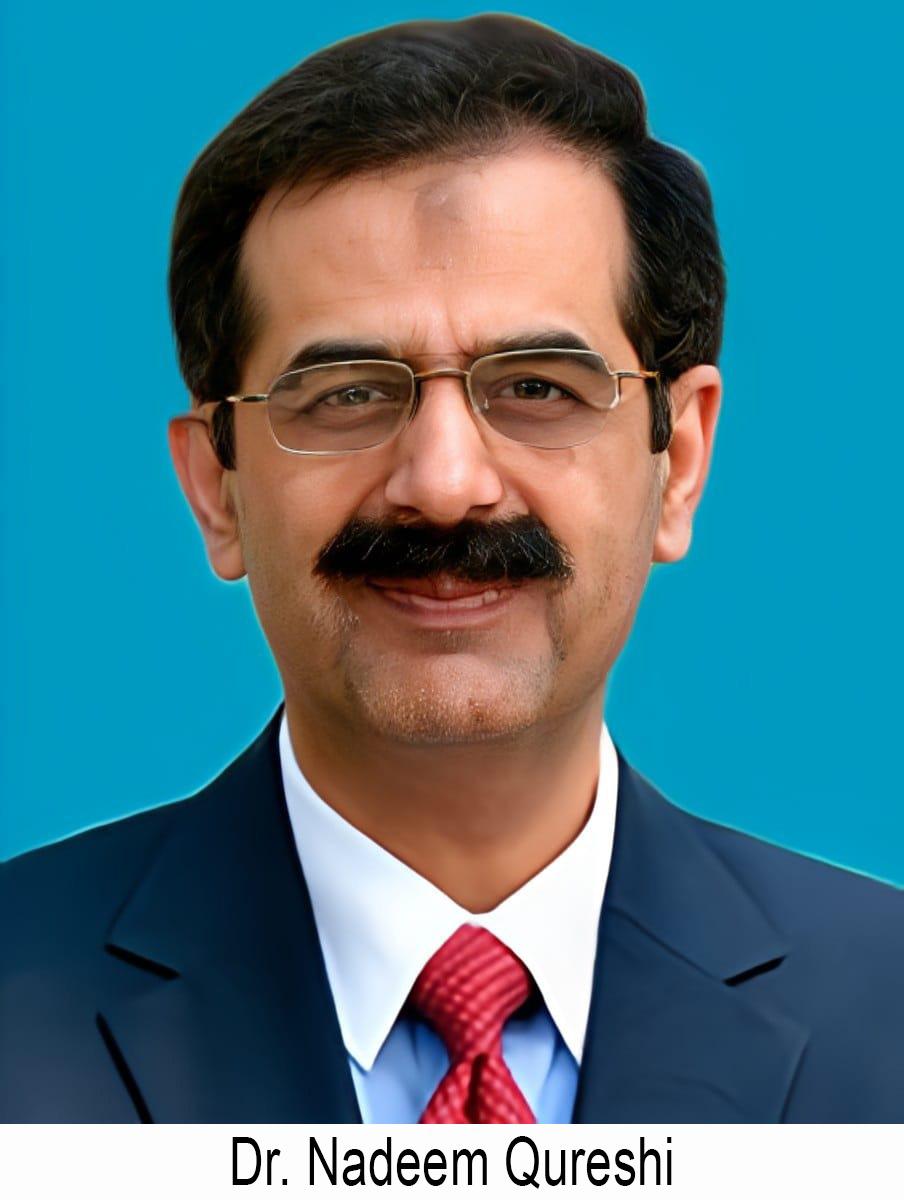Al-Shifa Retina Department treats hundreds of DR patients daily
Staff Report
ISLAMABAD: Al-Shifa Trust (AST) has expressed profound concern over the escalating threat of Diabetic Retinopathy (DR) in Pakistan, attributing the rise to the country’s alarming diabetes prevalence. With an increasing number of people succumbing to diabetes, the risk of vision impairment and related complications is surging at an alarming rate, necessitating immediate attention and action.
According to AST, Pakistan now has the highest diabetes prevalence rate in the world. Prolonged exposure to uncontrolled blood sugar levels can severely affect the eyes by damaging the retinal blood vessels, potentially leading to irreversible vision loss if left untreated.
Speaking to media representatives, Dr. Nadeem Qureshi, Head of the Retina Department at Al-Shifa Trust Eye Hospital Rawalpindi, noted that a sharp increase in diabetes cases is also driving a parallel rise in associated complications such as diabetic retinopathy, cataracts, glaucoma, and numerous other conditions. He underscored the need for urgent policy-level intervention and public awareness, highlighting the crucial and empowering role each individual can play in preventing and managing diabetes and its complications.
Studies show that nearly 25–30 percent of diabetics in Pakistan suffer from some stage of Diabetic Retinopathy, he said, adding that most cases go undiagnosed until significant vision loss has already occurred due to a lack of awareness and routine screening.
He highlighted the extensive services offered at the Retina Department of Al-Shifa Trust Eye Hospital, which caters to nearly 250 patients daily. Staffed by 14 retinal surgeons and four trainees, the department performs retinal outpatient services, laser treatments, injections, and surgeries every day of the week. On average, 215 patients are seen in the outpatient department (OPD); 35 undergo laser procedures, 50 receive intraocular injections, and 25 undergo surgery each day.
Dr. Qureshi explained that we are utilizing advanced imaging and diagnostic tools, as well as applying new surgical methods. The cost of a single retinal surgery is approximately Rs 130,000. Still, Al-Shifa provides treatment completely free of charge to 80 percent of its patients. The remaining patients receive heavily subsidized care, often paying only half the cost.
We are also providing highly effective anti-VEGF injections to approximately 60 to 70 patients at no cost. One injection costs 10,000 to 15,000 rupees, he said.
Explaining the critical role of the retina, he said it is the light-sensitive inner layer of the eye composed of ten specialized neuronal layers. Damage to this delicate structure, often caused by diabetic complications, can severely compromise vision.
The growing number of DR cases is not only impacting individual patients but also straining hospitals, ophthalmologists, and public sector health funding. This underscores the need for better funding, early screening, patient awareness, prevention and control of blood sugar, and regular eye exams, as well as systemic changes to ensure the sustainability and efficiency of the healthcare system.
He further added that nearly 80 percent of all patients at Al-Shifa’s hospitals in Rawalpindi, Chakwal, Kohat, Sukkur, Muzaffarabad, and Gilgit receive free care. The Trust’s new facility in Lahore is expected to begin operations by 2027, expanding its humanitarian outreach across the country.

